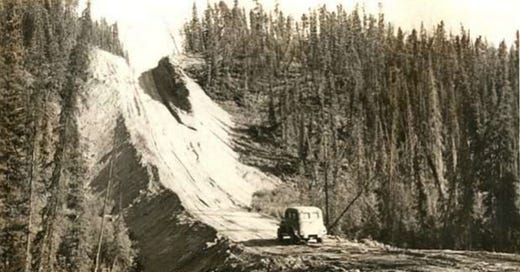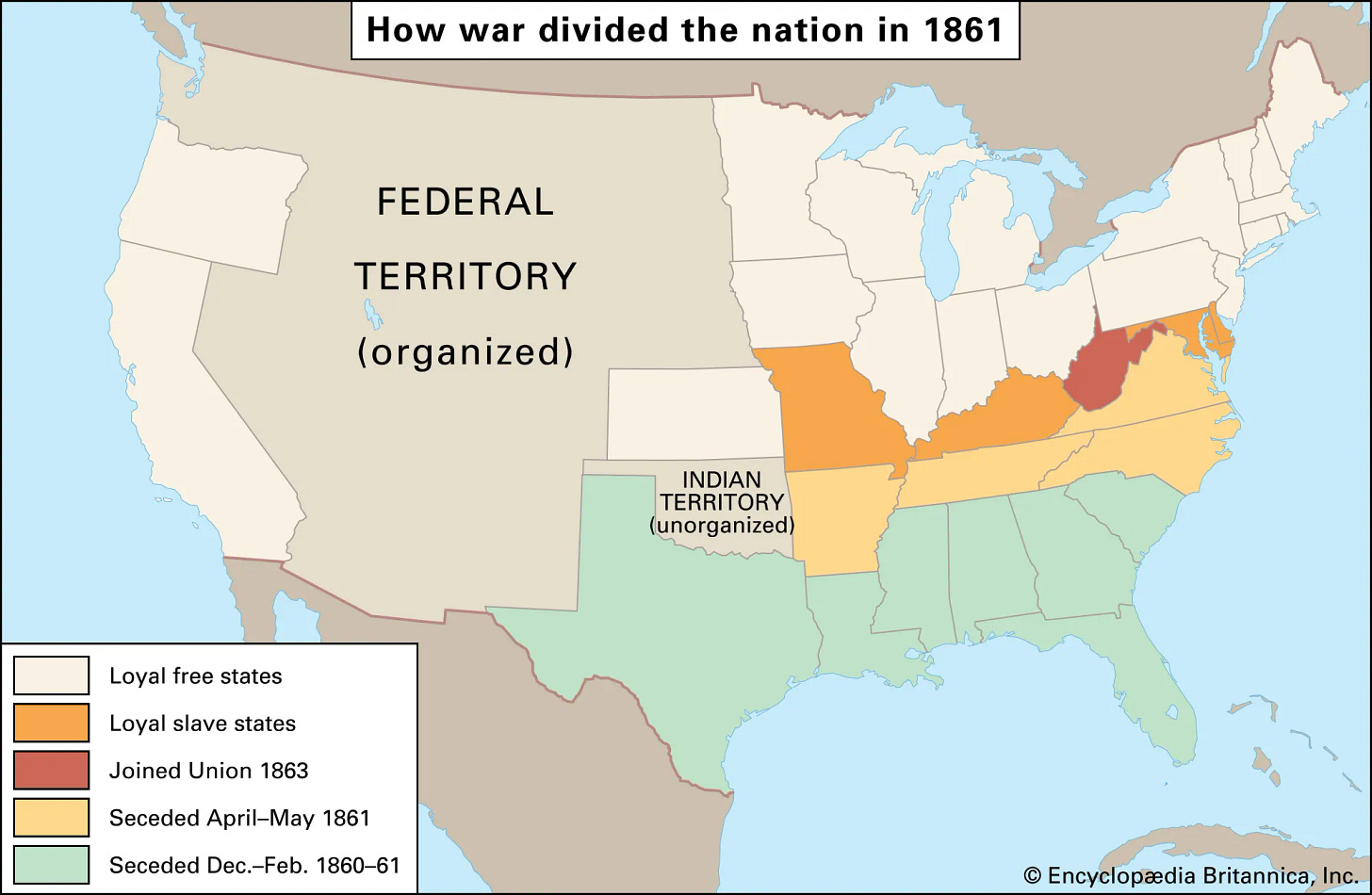More than BBQs and Sales
It is easy to focus on fun activities on holidays as they are a valued break from working. Memorial Day weekend usually translates to BBQs, camping, and sales at retail stores for many people, myself included.
However, this year I’ve attempted to ponder a little bit more on the backdrop of national holidays. My father helped with this goal, given he proactively sent an email out to the family sharing stories of some of my ancestors who died during wars to help us remember and honor that part of our heritage.
One of those individuals, Clarence Dale, helped build the Alaskan Highway that would connect Alaska to the lower 48 states. 1 This project was a strategy to protect Alaska and the Aleutian Islands from a potential attack during WWII. I can only imagine how physically, mentally, and emotionally taxing working on that project must have been on those brave individuals. He died from a battle of a different type, most likely a battle against the elements, given he passed away from a heart attack.
This war-time project demonstrates, literally and metaphorically, the often unseen infrastructure required to win battles and wars, and associated sacrifices.
What type of infrastructure do we need to win our personal battles?
Along similar lines, someone at my church shared a story about one of his ancestors who was working on construction projects on Wake Island in the Pacific during WWII. He was captured and became a POW who was moved to different POW camps, including some in China. During these trying times, he demonstrated his faith.
In my religion, we fast on the first Sunday of each month by not eating or drinking for two meals. During this fasting period, we focus our attention and prayers on specific things of importance. What I learned from this fellow church member is that his ancestor still observed that fast each month, despite barely surviving on meager rations. Instead of eating/drinking his ration, he gave it to someone else who he believed needed it more than him.
How many inspiring stories of people with this level of dedication, conviction, and selflessness are out there to buoy us in our times of extreme stress and challenges?
Ponder the Beginning
The origins of Memorial Day in the United States of America can be traced back to the Civil War. Originally, it was called Decoration Day and later evolved into Memorial Day. 2
I want to leave something for us all to ponder on this day as a way to show our respect for those who have fallen in battle—starting with the war that catalyzed this Memorial Day for the United States of America.
Think about the name of this country. We are not America.
We are the United States of America.
That Unity was paid with bravery, conviction, and ultimately the deaths of approximately 620,000 people during the Civil War. 3
What would maps of the world look like today if the Civil War never happened? For context, the below map shows how the war divided a young nation.
Unifying Freedom
The continued Unity of the States is an important factor to consider when remembering those who died during the Civil War.
However, what is even more important to ponder, is what would have happened with slavery if there was not a Civil War. How many people would have continued to suffer from slavery? Per the Library of Congress, below is an estimate of the number of slaves freed after the Civil War. 5
Approximately four million Americans enslaved in the United States were freed at the conclusion of the American Civil War.
I invite you to follow the link to the Library of Congress site, as it contains actual audio recordings of people who were freed from slavery.
Honor The Fallen by Honoring Freedom
One question many people ask about the history of wars and battles, whether they are fought by the military of the United States or other countries, is WHY.
Why did we go to war?
The why determines the value of the war.
The equation of value is benefits divided by costs.
The costs for war are extremely, extremely high…to the point of not being calculatable given the human costs involved.
Therefore, the benefits of war should be almost immeasurable as well.
We often talk about freedom as a reason, aka the benefits, for war, such as the Civil War freed millions of slaves at great costs, including the most casualties out of any war fought by the United States. The Civil War also prevented potentially millions more people from becoming slaves. Measuring that one benefit of the Civil War is next to impossible.
Therefore, let us honor the fallen, by not just taking the time to remember the price paid for freedom but honoring that blessing of freedom by how we use it now and in the future.
Free to Unify vs Free to Divide
I believe one way to honor freedom is to be mindful of how it impacts the unity of people.
Will you be someone who exercises your freedom of speech to unify?
Or, will you be someone who exercises your freedom of speech to divide?
Will we focus on differences that separate people into groups or will we focus on the common ground?
Will you be someone who unifies a team or someone who divides a team?
Will the political discourse of the United States continue to be heavily polarized (aka divided) resulting in a map of red and blue states?
Or, is it possible to blend the blue and the red into purple states?
How have the various wars and conflicts of the US resulted in the freedom and unification of people? Have there been any that were the opposite?
Final Questions
In honor of all who have died in wars fought by members of the US armed forces, I ask this question.
If individuals of the US Armed Forces who lost their lives in wars and conflicts could see the United States and the world today, would any of them start to feel their ultimate sacrifice was in vain?
I hope the answer to this question is no…but I’m concerned some could answer yes.
If you feel the same, the harder question is what to do about it.
Thanks for reading






Awesome article. Thought provoking questions.